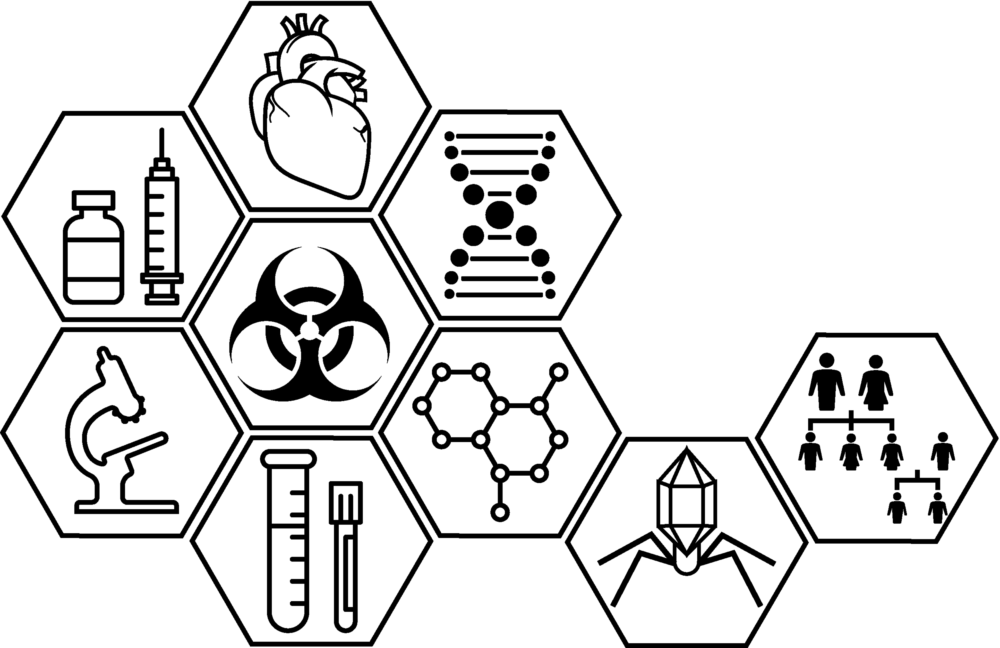Background
The opportunistic pathogen Pseudomonas aeruginosa is ubiquitous within the environment and frequently associated with nosocomial infections. This organism is a dangerous pathogen for vulnerable patient groups such as haematological malignancies, ventilator-assisted, burns and cystic fibrosis, causing life-threatening infections. The success of this pathogen is attributed to a host of different virulence factors, such as pyocyanin (PCN), a secreted phenazine compound involved in biofilm formation in the human lung. PCN triggers pro-inflammatory activity, induces neutrophil apoptosis, and has been shown to block wound healing by promoting oxidative stress conditions and p38 mitogen-activated protein (MAPK) pathway in infected tissues. This redox-active tricyclic zwitterion compound can directly oxidize reduced NAD(P)H to produce superoxide anions and reactive oxygen species (ROS) which can damage lipids, proteins, and DNA. These events might also be anti-tumorigenic in cancer cells but tumourigenic in normal cells.
Aim
The aim of this study is to investigate a) the genotoxic impact on normal healthy cells, b) the potential of PCN to act on cancer cells, c) whether selective apoptosis inducers like resveratrol or inhibitors of survival pathways involving NFkB and PI3K/Akt can modulate the cellular impact of PCN.
Research question
What is the impact of pyocyanin on healthy and cancer cells?
For more information or to discuss this project further, please contact either Dr Adi Baumgartner (a.baumgartner@yorksj.ac.uk) or Dr Claire Wright (c.wright@yorksj.ac.uk)
